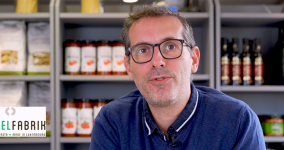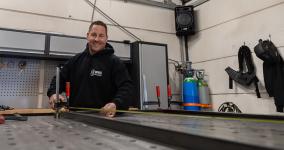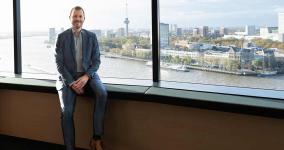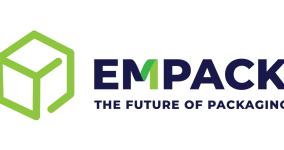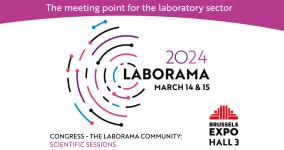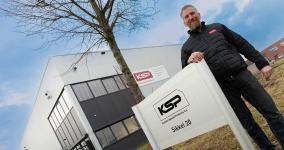Leader mondial des gaz, technologies et services pour l’industrie et la santé
-
1. Réaliser une performance financière solide
-
2. Décarboner la planète
-
3. Contribuer au progrès par l'innovation technologique
-
4. Agir pour tous
Pourquoi travailler avec Air Liquide ?
- L'innovation au service du client
Nous créons de la valeur pour nos clients en proposant des solutions innovantes et respectueuses de l'environnement. - Expert en approvisionnement en gaz
Nous proposons des modes d'approvisionnement fiables et sûrs pour répondre à tous les besoins de nos clients. - Nous sommes responsables
Nous nous engageons à respecter les normes les plus élevées en matière de comportement éthique.
Commandez en ligne

Sur notre portail en ligne, vous aurez accès à diverses fonctions qui vous permettront de mieux gérer l'approvisionnement en gaz de votre entreprise. Où que vous soyez, et en quelques clics seulement :
- Recommandez vos produits habituels en quelques clics,
- Vérifiez vos livraisons, votre solde de bouteilles et vos prix contractuels,
- Recherchez les gaz et matériels dans le catalogue de produits en fonction de vos besoins et spécifications,
- Téléchargez vos factures.








